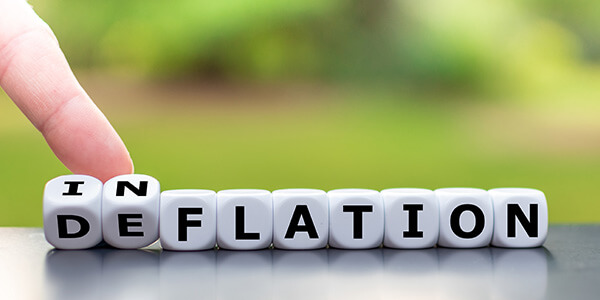Nigeria’s consumer spending growth is expected to remain positive throughout 2022 and 2023, growing by 3.5% year-on-year (in real terms) in 2022, before moderating to 2.5% in 2023, according to Fitch Solutions.
This is in line with real GDP growth which has been revised up (from a prior forecast of 1.8% year-on-year), on the back of an upward oil price revision by our Oil & Gas team.
That said, a decrease in oil production as a result of previous underinvestment and ongoing theft will continue to cap export growth.
“Our Oil & Gas team forecasts the price of Brent crude to average US$105.0 per barrel (/bbl) in 2022, increasing from US$70.95/bbl in 2021 and significantly higher than the average price in 2020.”
Fitch Solutions
Furthermore, continued foreign exchange shortages and slow productivity growth in the agricultural sector, which employs almost 35% of the workforce, will prevent a sharper acceleration.
Likewise, deprecation of the naira in H2 2022 to NGN430.00/US$ by end-2022 will continue to push outlook risks to consumer spending to the downside, Fitch said.

Inflationary Pressures Build
Inflationary pressures continue to build. Over the latter half of 2022, inflation will begin to shift into services such as tourism.
Rising consumer price inflation has been the key risk to consumer spending over 2022, and it has been eroding purchasing power and shifting consumer spending away from discretionary spending.
“This is the economic reality that consumers enter into in 2023. Inflationary pressure started to rise globally in 2021, as localised shortages were created by base effects, higher commodity prices and supply chain challenges.”
Fitch Solutions
The Ukraine-Russia conflict has also significantly impacted the global supply prices of key commodities, such as oil and gas, fertiliser, wheat, corn and barley. The commodity price increases are already feeding through into higher consumer prices and this will continue over 2022.
In Nigeria, consumer price inflation rose for five straight months starting in February 2022, and pushing inflation to 18.6% year-on-year in June 2022. This is largely attributable to rising commodity prices and the weakening naira which has increased the cost of imported consumer goods.
For Nigerian consumers, the cost of food and non-alcoholic drinks is of significant importance, as spending accounts for almost 50% of total household spending.
Nigeria’s food inflation climbed to 20.6% y-o-y in June 2022 (as of latest available data) due to increases in the price of bread and cereals, potatoes, yam and other tubers, fish, meat and oils and fats.
“Our Country Risk team forecasts Nigeria’s consumer price inflation to average 17.2% in 2022, with a year-end level of inflation forecast to reach 18.0% year-on-year. This highlights that inflation will remain elevated in 2022, creating headwinds for consumers.”
Fitch Solutions























